
Enlargement Commissioner At Odds with VDL on EU Expansion
Von der Leyen wants EU accession to remain a “merit-based process” without any promises.

Von der Leyen wants EU accession to remain a “merit-based process” without any promises.
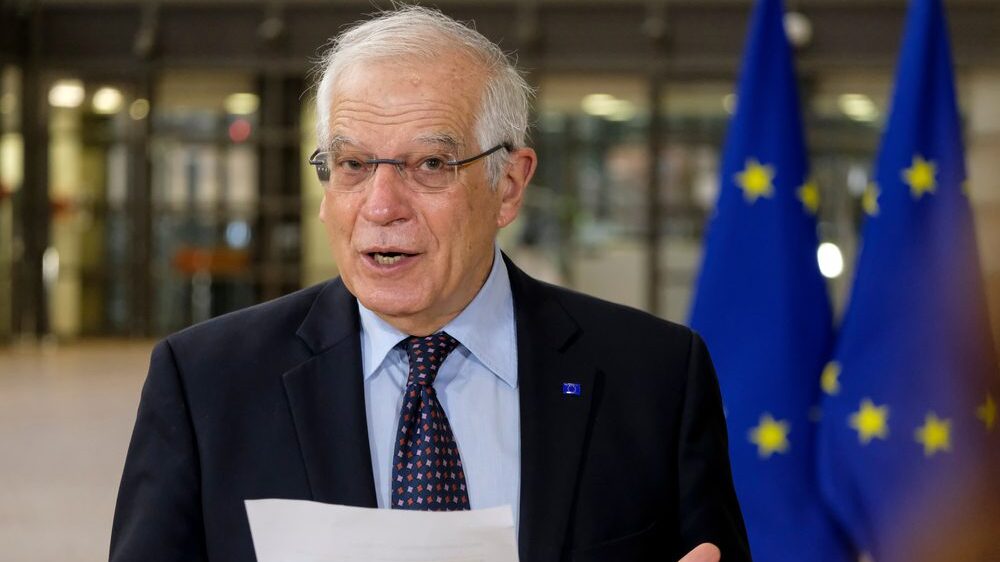
A follow-up to the inconclusive Jeddah talks could happen during the next UN General Assembly.
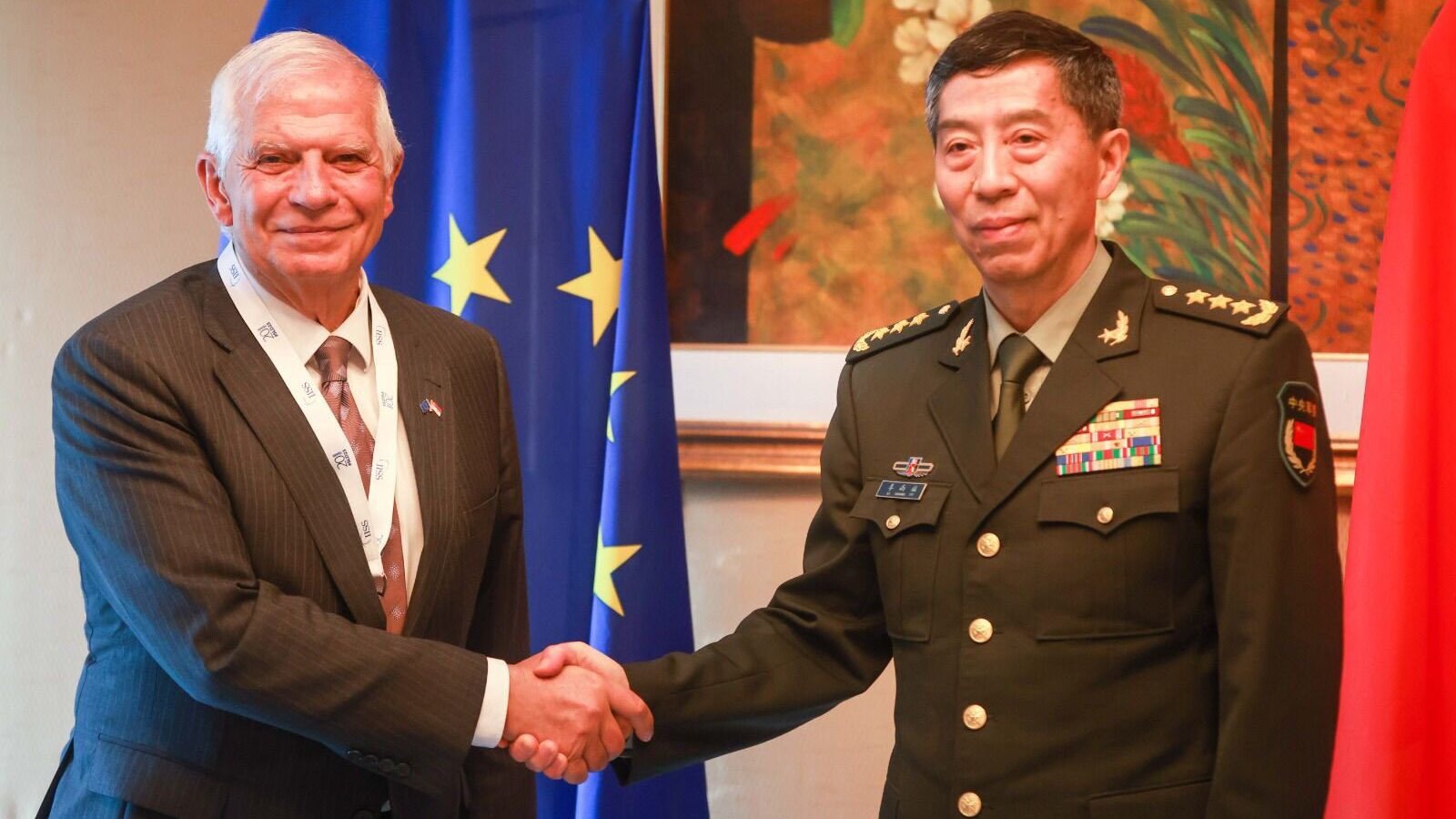
The diplomatic slap in the face is a blow to Europe’s hopes of carving a foreign policy path away from a more hawkish United States as relations increasingly sour with Beijing.
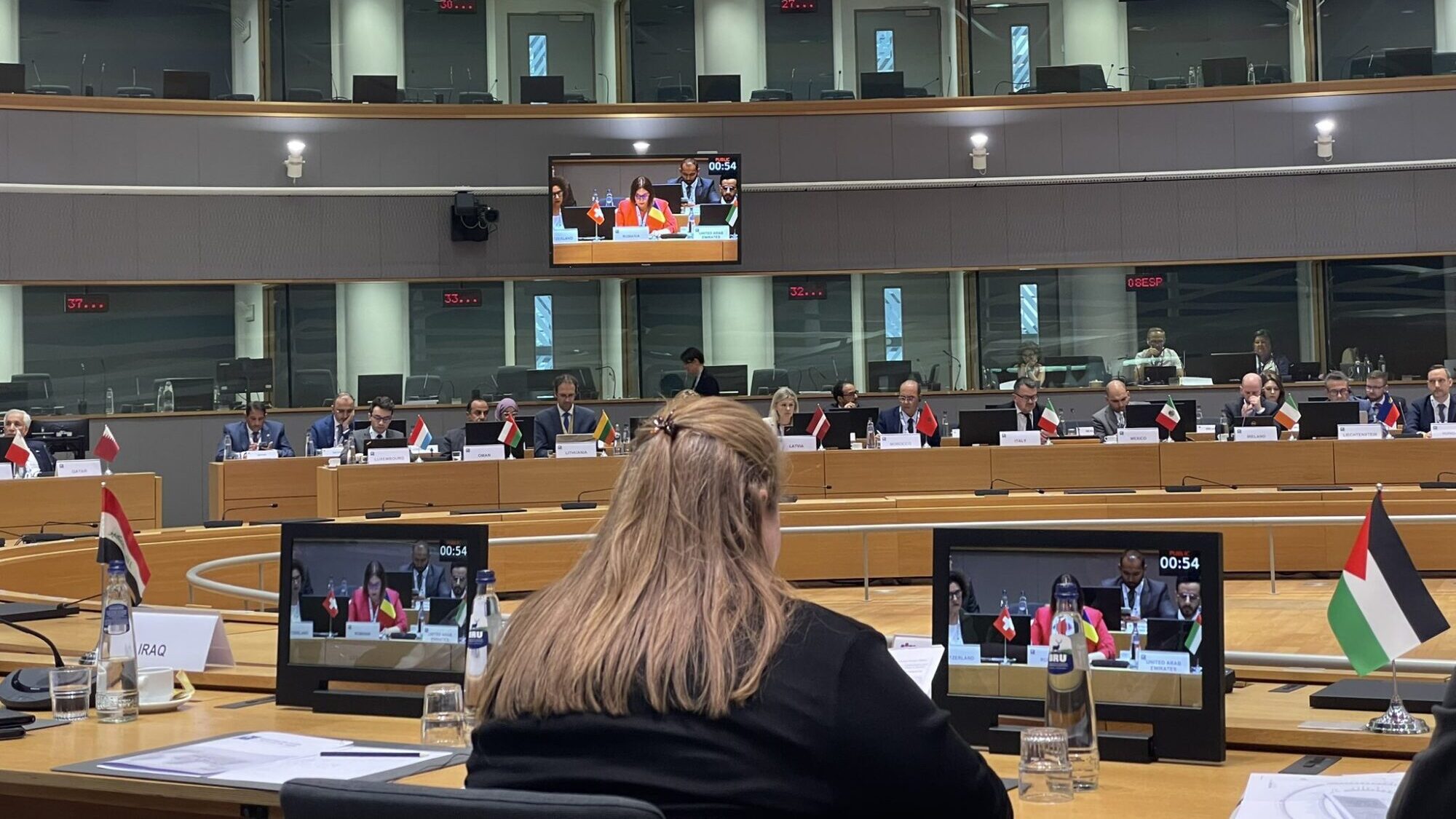
The EU is resisting lobbying by the Gulf States to drop sanctions against Assad as recent terrorist attacks and deaths on the Mediterranean underlined Syria’s continued relevance to EU policymakers.
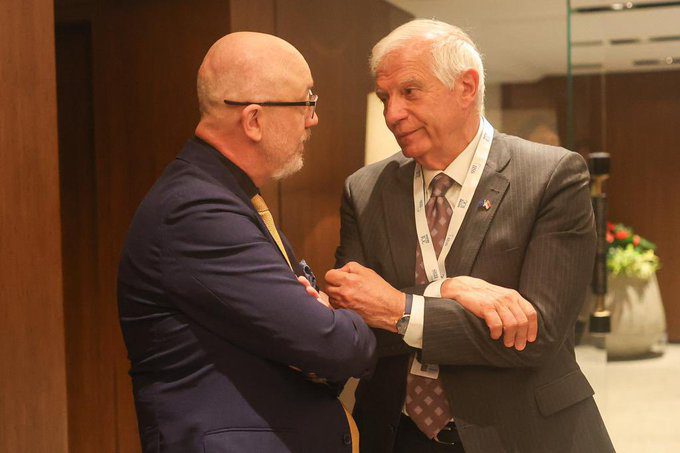
Russia has made Western arms for Ukraine a red-line issue for any potential peace talks as Borrell speculated that the invasion would have gone much differently under a two-term Trump administration.
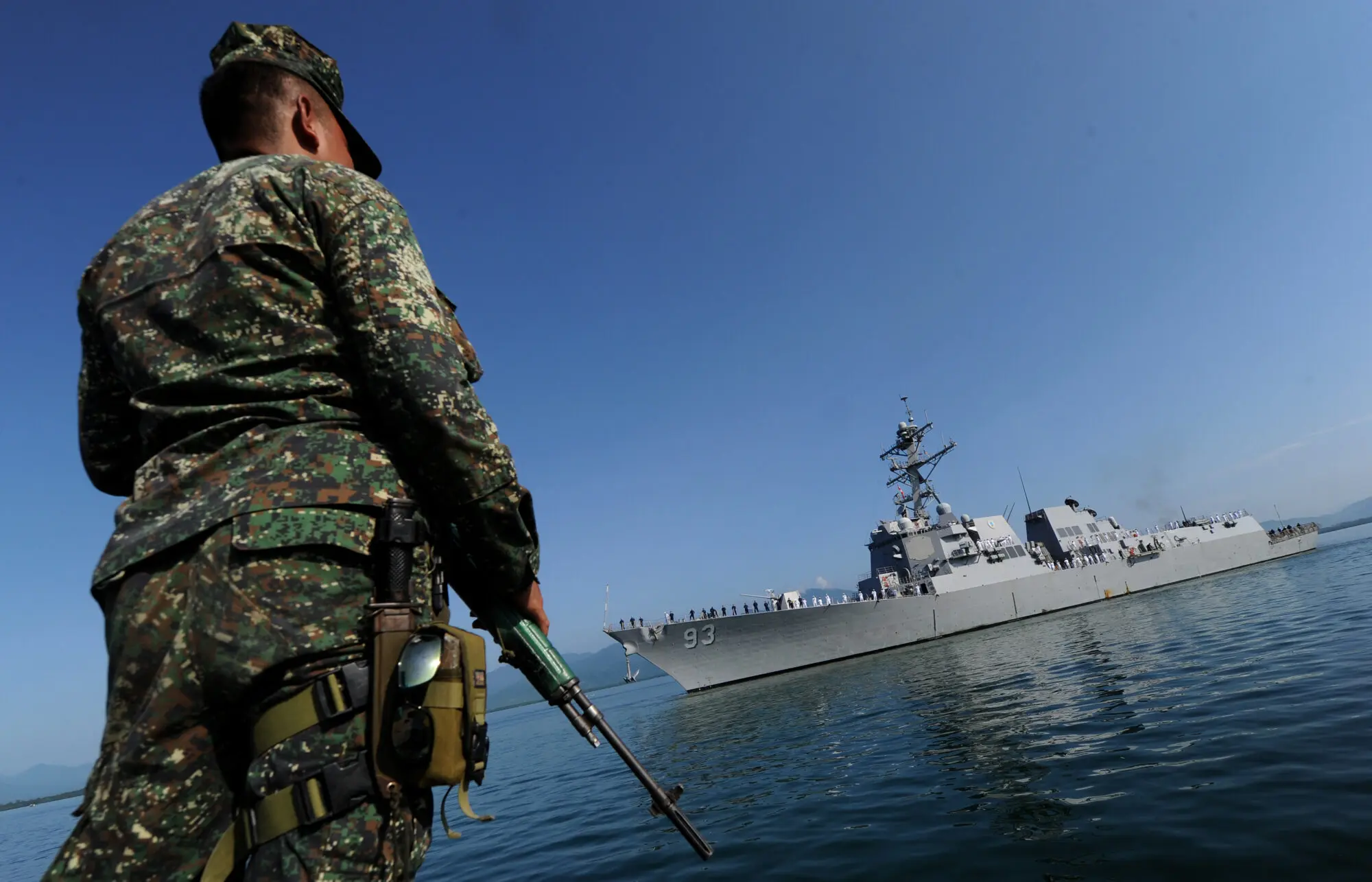
The U.S. is named for having “made provocations first,” to which the Chinese “only responded by handling the incident in accordance with relevant laws and regulations.”
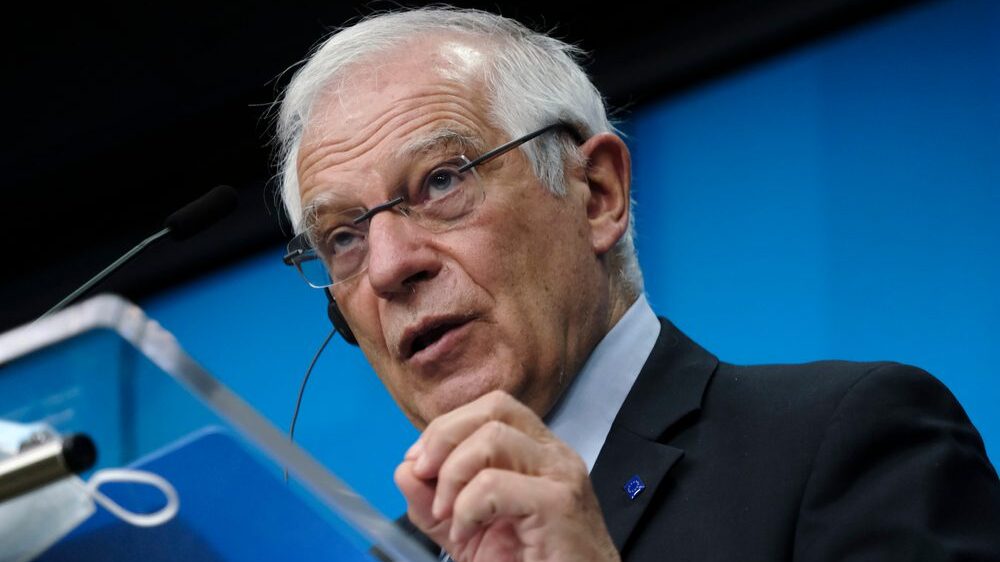
The aim is not to decouple the EU and China’s economies, but to “rebalance” the relationship, Borrell said.
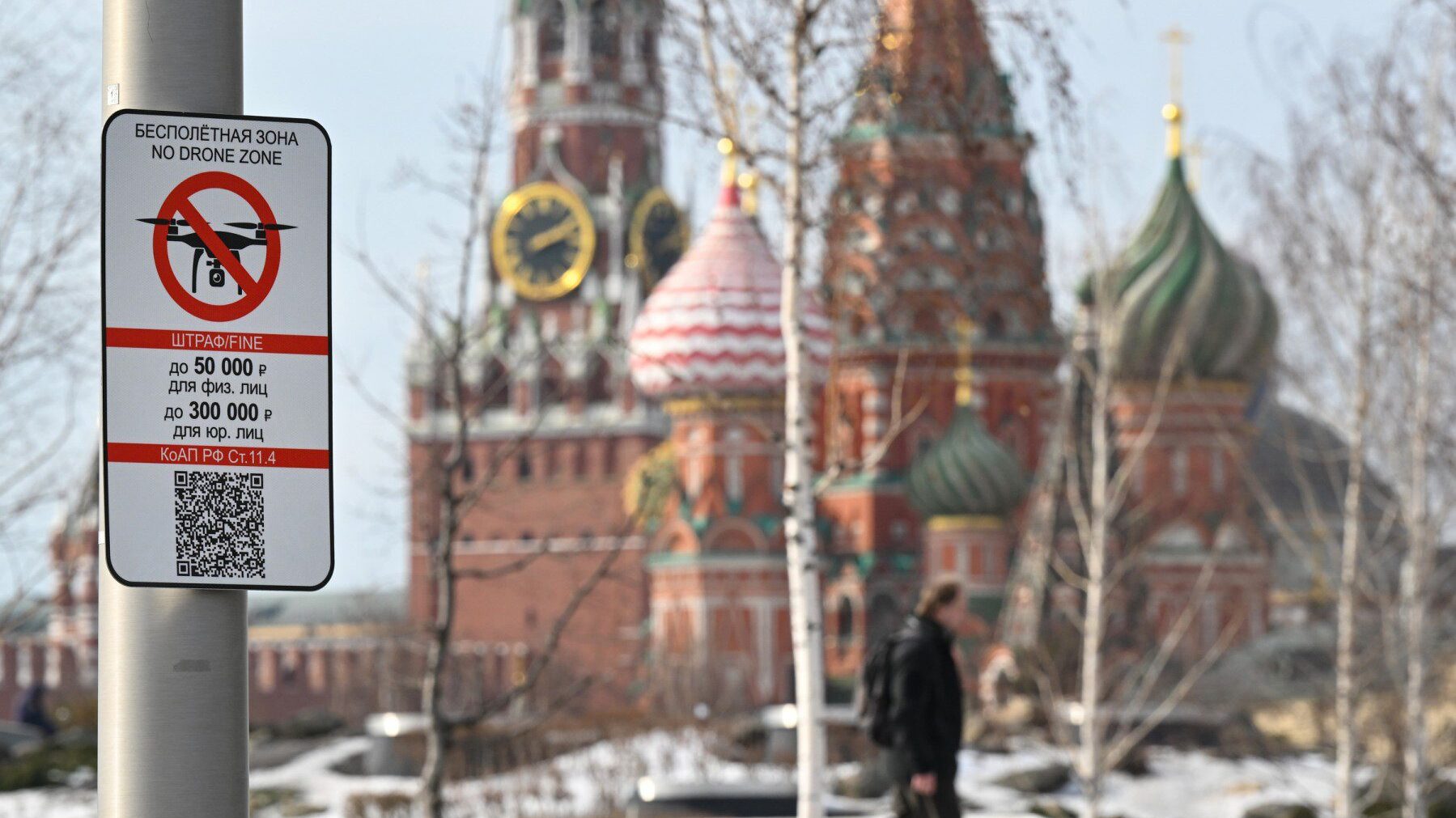
While the U.S. insists the strike was a false flag and Ukraine celebrates with a postal stamp, Russia continues to accuse the West, saying it will lead to escalation.
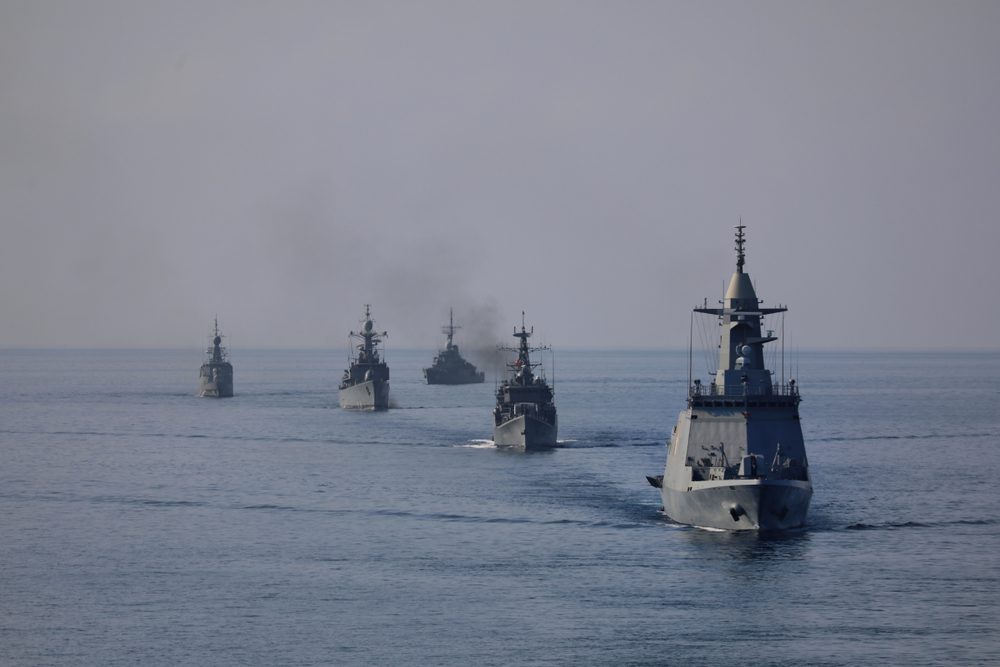
The foreign affairs chief urged “European navies to patrol the Taiwan Strait to signify Europe’s commitment to the freedom of navigation,” even though there are few member states capable of such missions, and even fewer who would do it.

The EU is under pressure to control illegal migration and secure resource requirements for the green transition. Sending military aid to Niger and Somalia is part of the EU’s strategy to strengthen its presence in Africa.